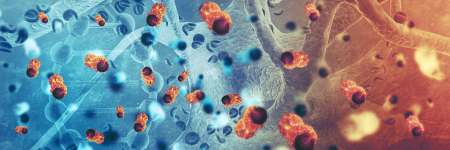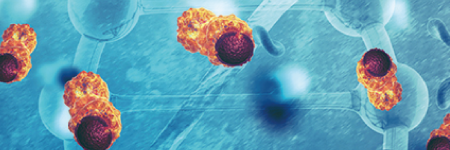Blog articles

NICE approves genomic test to prevent secondary strokes
We report on a new test that will help clinicians determine when clopidogrel may harm instead of help

In vivo and ex vivo gene therapies explained
Gene therapies can take place either 'in vivo' or 'ex vivo'; we compare these two approaches and their importance in gene therapy

Post-stroke and mini-stroke prescribing: NICE calls for comments
NICE is inviting comments around genomic testing for post-stroke prescriptions of clopidogrel ahead of its treatment-influencing July publication

Hereditary angioedema gene therapy hope
A CRISPR-based genome therapy has shown promising results for patients with a rare genetic swelling disorder

Metagenomic testing for diagnosis and surveillance – two birds, one stone
A new approach for faster diagnosis of respiratory infections could also help monitor potential outbreaks of bacterial or viral diseases

Whole genome sequencing – personalising cancer care
We explore how data from the 100,000 Genomes Project is still being used to great effect in cancer prevention and treatment

NICE recommendations broaden patient access to cancer drug olaparib
The use of the targeted therapy has been expanded to include certain types of breast, prostate, ovarian, fallopian tube and primary peritoneal cancers

How the NHS will embed genomics into pharmacy practice
We take a closer look at the new three-year strategic framework for integrating genomic medicine into pharmacy education and training

Clinical trials show promise for first ‘gene silencing’ treatment for Alzheimer’s disease
A new RNA-based therapy for Alzheimer’s disease that's in clinical trial phase could be the first of its kind to use ‘gene silencing’ for the condition
News articles

Watch new ‘perspectives’ film series online
Patients present three different stories of the power, potential and pitfalls of genomic testing
Events

Clinical Cancer Genomics Conference
Register by the 15 January for this in-person conference on whole genome and transcriptome sequencing to advance efforts in cancer precision medicine


